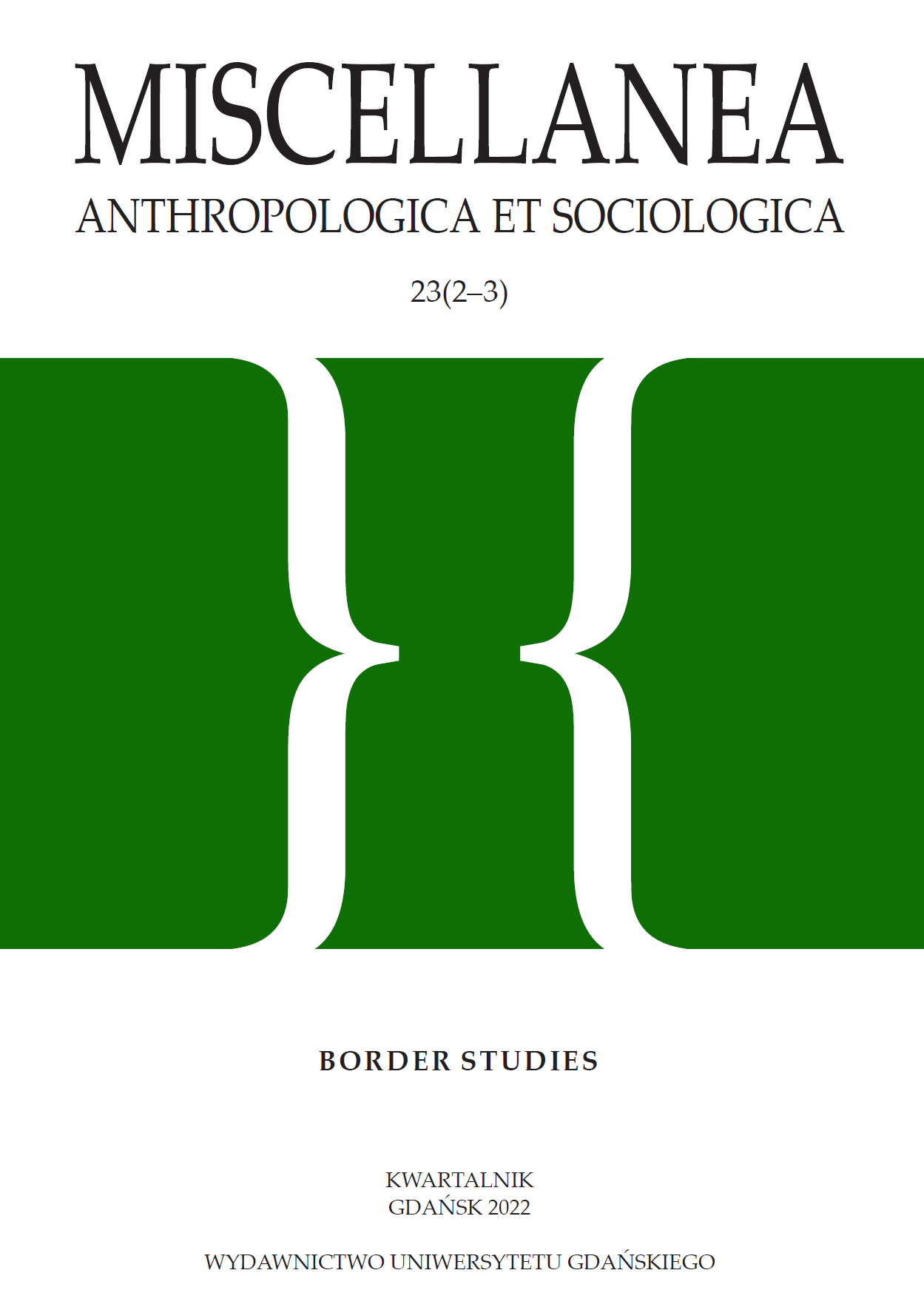Satisfaction Despite Precarity. Applying the Concept of Flexibility to Understand Tricity Uber Drivers’ Attitudes to Their Work
Abstrakt
App-mediated work-on-demand is a socio-economic phenomenon which can be successfully analyzed using the concepts of borders and boundaries. In the article, a perspective from the sociology of work is implemented in connection with an international ride-hailing company in the Polish labor market. The boundaries that are present in the flexible/ precarious work of Uber drivers will be examined. Based on twenty-one semi-structured interviews with Uber drivers conducted during the first wave of the SARS-CoV-2 pandemic in Europe, this article analyzes answers given by drivers concerning their level of satisfaction with work co-existing with poor working conditions. Using the concept of flexibility, workers positions in the platform economy are characterized according to a typology proposed by Don Jonsson. In conclusion the flexibility/stability distinction is supplemented by the boundary between labor power and work as a process. The main observation resulting from the analysis points to the fact that Ubers drivers praise flexibility not because they inadvertently understand their position but because they are under pressure from transformations taking place in the social division of labor. As a result of this, drivers and other on-demand workers are in a situation of variability to which the flexibility provided by the platform is – from their point of view – one of the few possible solutions.

 Uniwersyteckie Czasopisma Naukowe
Uniwersyteckie Czasopisma Naukowe




